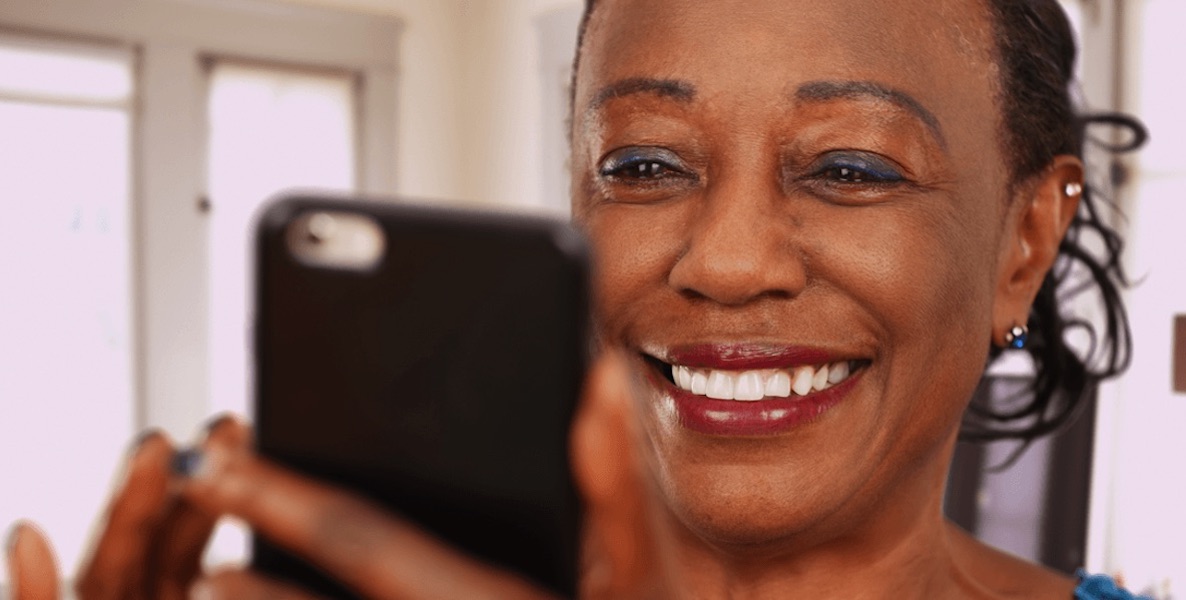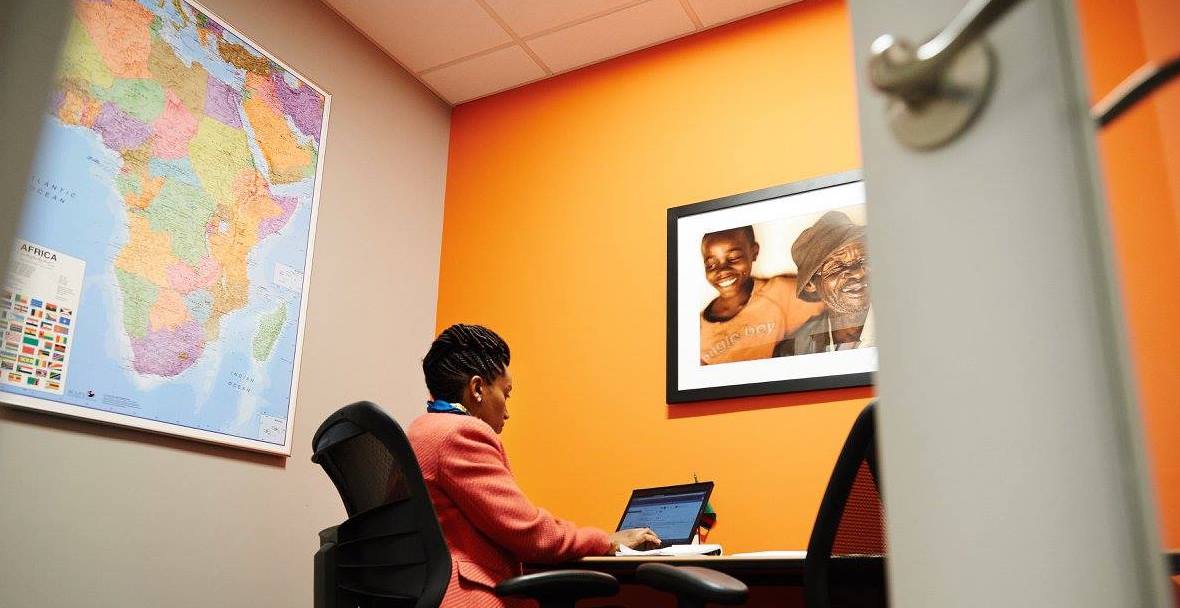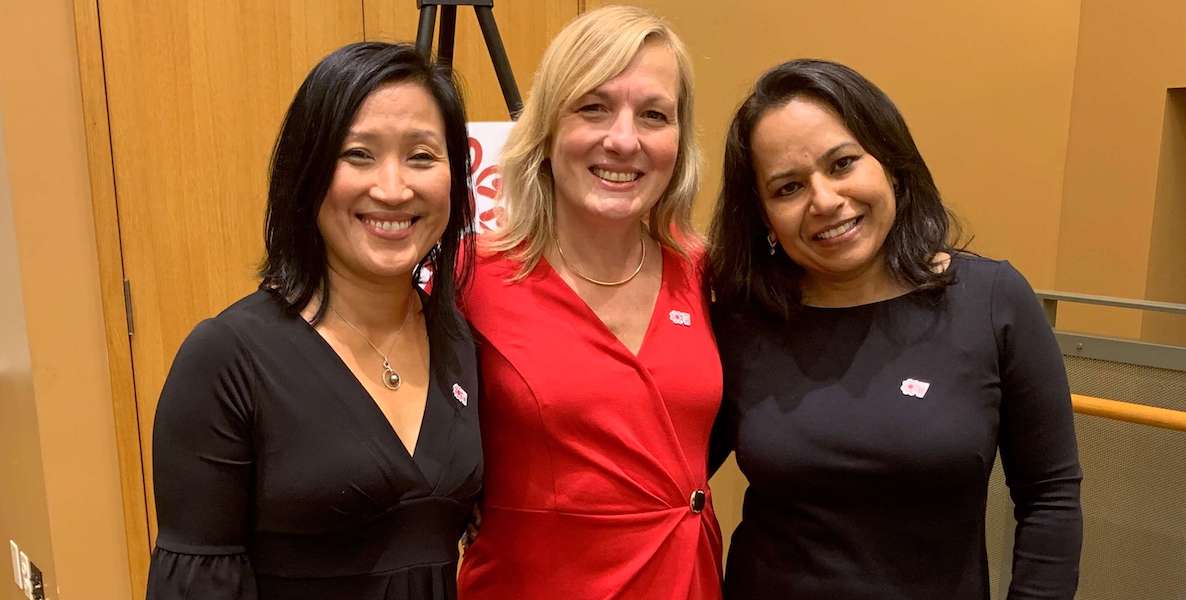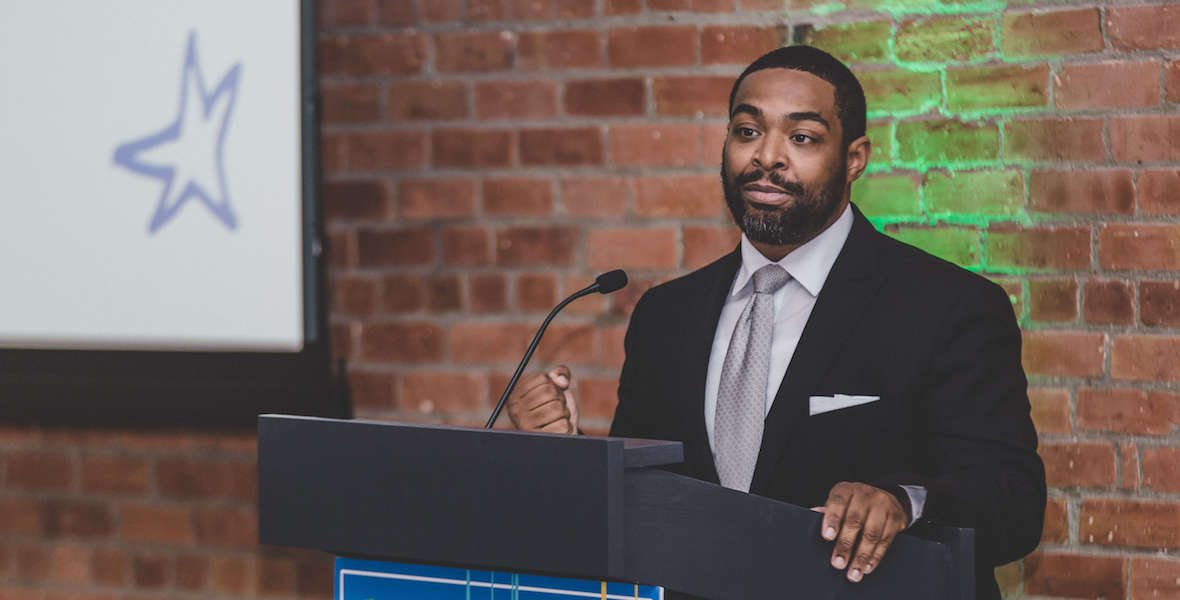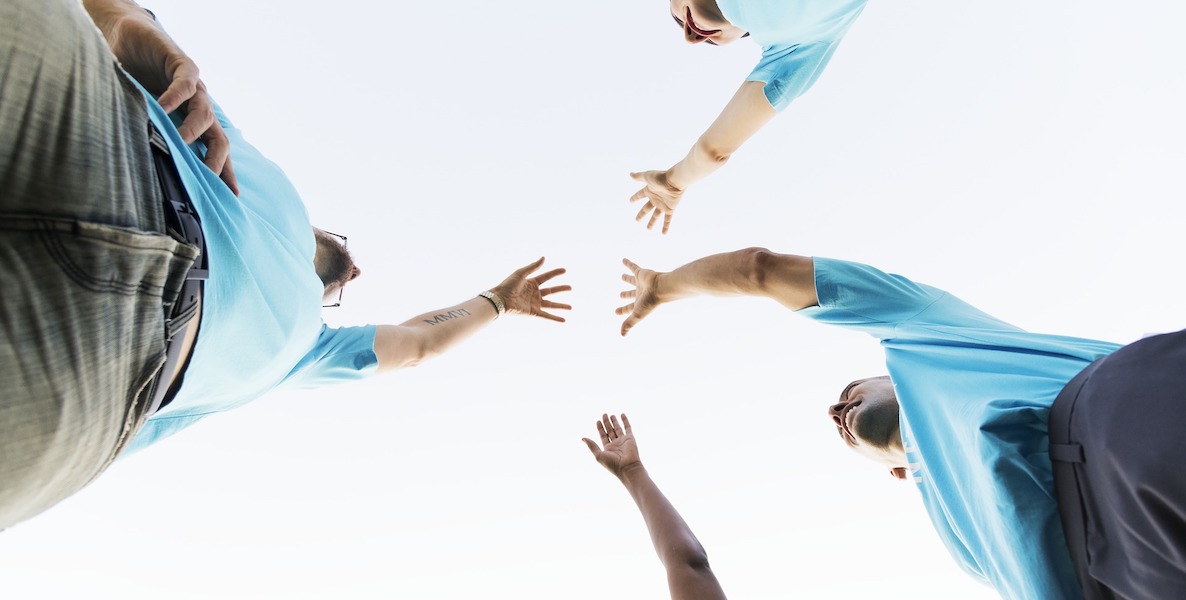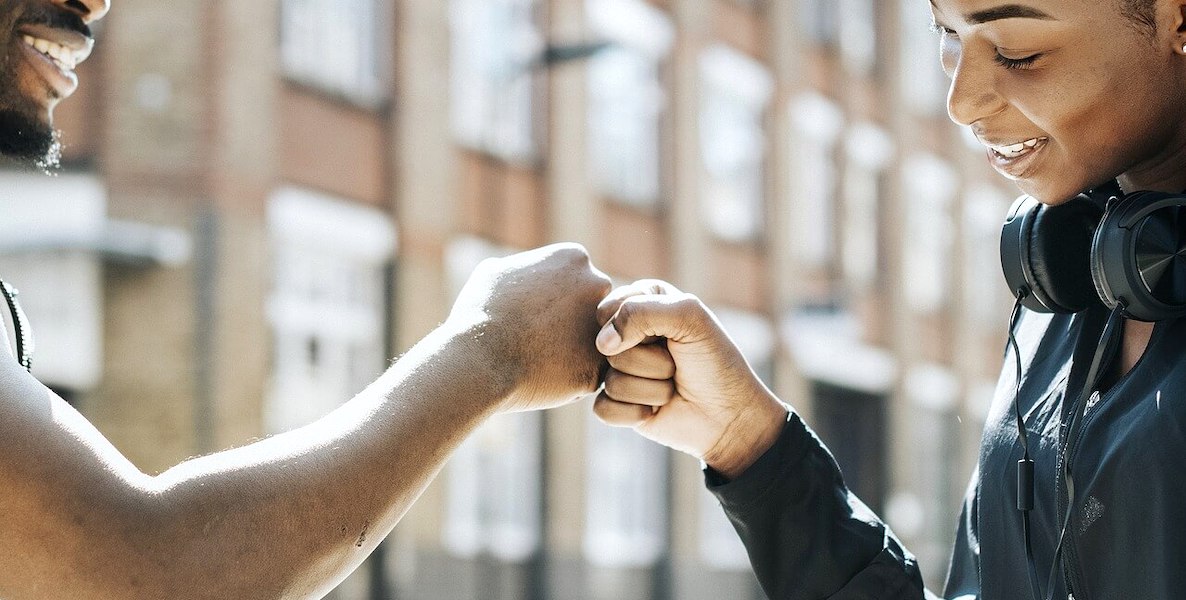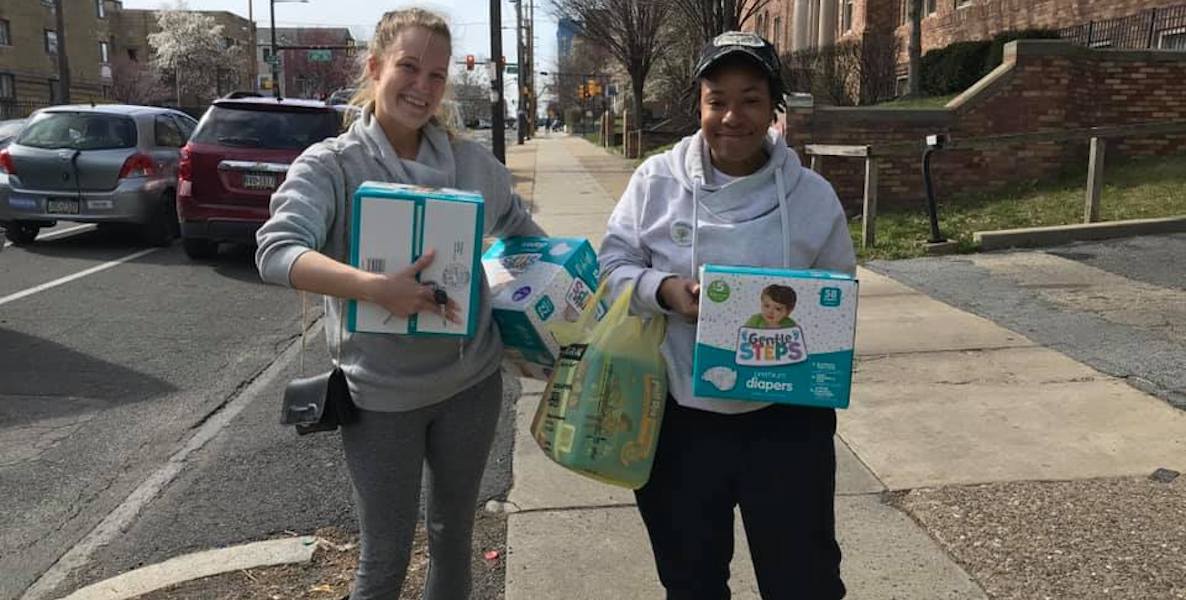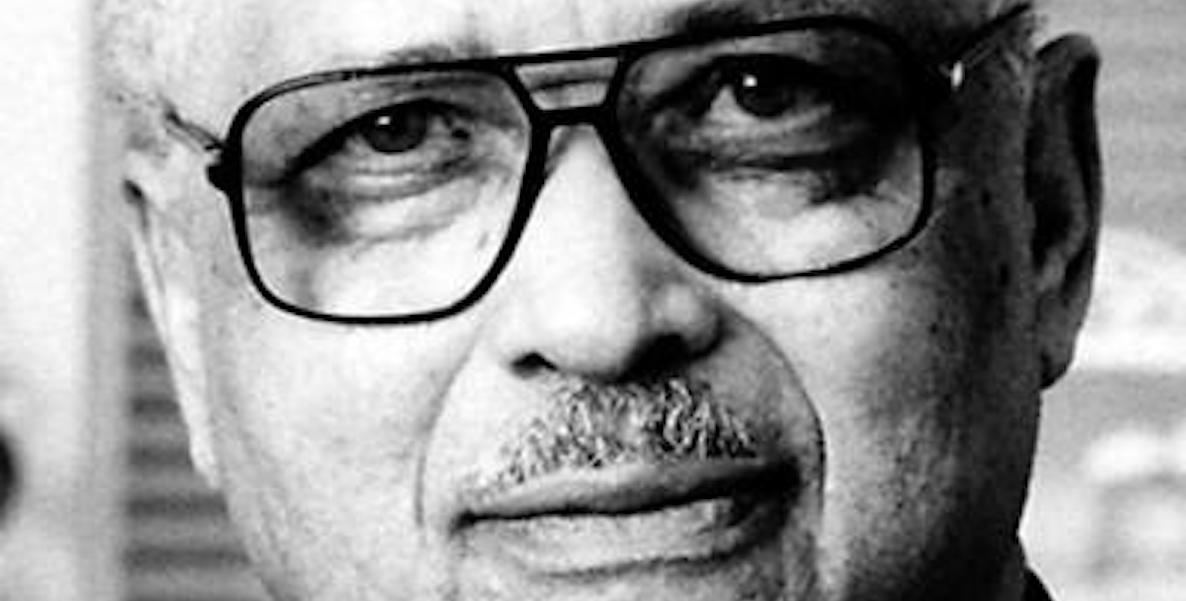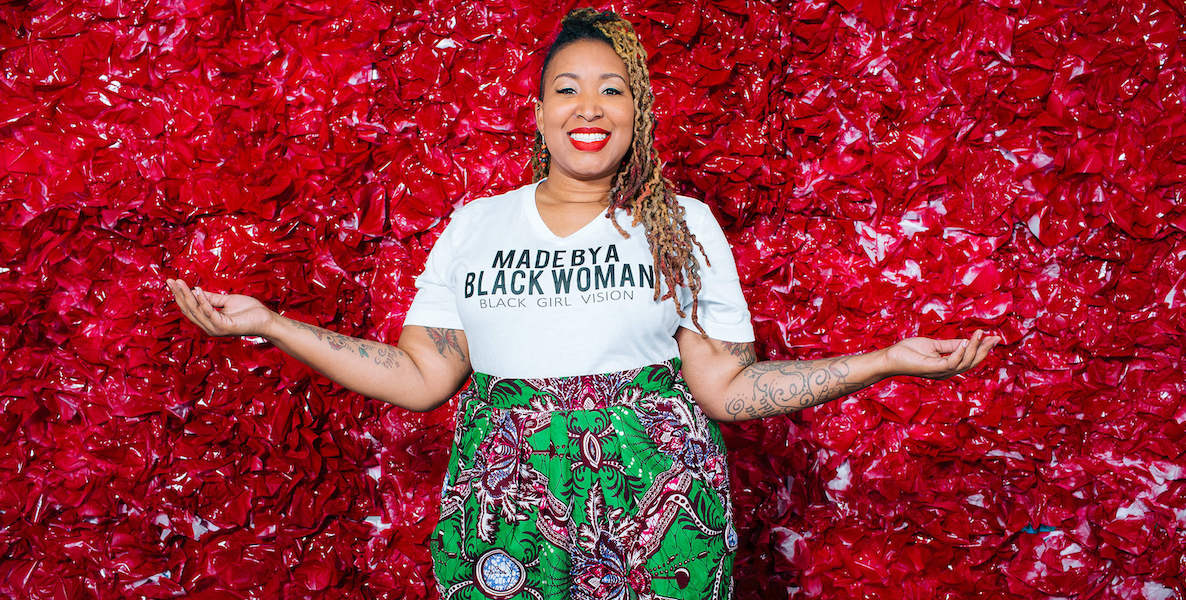Over the last two months, the dollars have been flowing to nonprofits that support Philly’s Black community.
As widespread protests spur awakenings about racial injustice, people want to do something. And for many, the easiest thing to do is pull up one of the many “How to support Black lives now” articles and PayPal away.
After the Philadelphia Bail Fund received $2.4 million in donations, they encouraged potential donors to also support local organizations “committed to long-term liberation work in our communities,” like Black Lives Matter Philly, New Sanctuary Movement, and others on this long list.
The recent boost in funding is impactful, yes, but without systemic change, it’s not enough. Because Black-led, Black-serving nonprofits have long faced unjust barriers to accessing to funding.
In 2016, the Philadelphia African American Leadership Forum released a study that showed that Black-led nonprofits in Philadelphia have fewer cash reserves and are more dependent on government funding than white-led non-profits.
According to recent national research, Black-led nonprofit organizations receive 24 percent less revenue and 76 percent less unrestricted funds (which organizations have full discretion over spending) than their white-led counterparts.
Listen to this podcast about the Philadelphia Black Giving Circle
To Rashanda Perryman and Dwayne Wharton, founding members of the Philadelphia Black Giving Circle, those statistics aren’t all that surprising.
“I’ve spent my entire career in nonprofit work—particularly childcare, which is led by Black and brown women,” says Perryman, who worked in public policy at the Children’s Defense fund and Ounce of Prevention Fund after starting her career as a teacher. “Often they are the ones not receiving the dollars, but they are the ones holding up the work.”
That’s in part because, as in so many other fields, there’s a serious lack of diversity in the sector. According to a 2015 survey by the Council on Foundations, 75 percent of full-time staff at philanthropic organizations are white and just 9 percent are Black. Eighty-eight percent of executive leadership is white.
“Naturally, giving is tied to who you know, your networks,” says Wharton, who’s a trustee with the Philanthropy Network of Greater Philadelphia and former director of programs at Project HOME and The Food Trust. “And for Black-led organizations, the relationships with mostly white program officers at institutions just really wasn’t happening.”
In 2018, Perryman, Wharton and other members of the Philadelphia Black Philanthropy Network—which was launched in 2016 by Wharton with Phil Fitzgerald, executive director of grantmaking at the Philadelphia Foundation, and Steve Vassor, founder of cfurther—founded the Philadelphia Black Giving Circle (PBGC) to fund Black-led, Black-serving organizations, cultivate and support giving in the Black community, and model a more just and equitable form of philanthropy.
“Naturally, giving is tied to who you know, your networks,” says Wharton, “And for Black-led organizations, the relationships with mostly white program officers at institutions just really wasn’t happening.”
In its first grant cycle last year, PBGC raised $30,000 from about 60 members. They received about 70 applications and awarded $5,000 grants to six organizations.
The second grant cycle was interrupted this spring; instead, they launched the Covid-19 Response & Justice Fund to address the needs caused by both a pandemic that’s disproportionately affecting Black communities, and the pressing fight for racial justice.
And they were among the organizations that received a huge outpouring of support; in May and June, they raised more than $100,000 from about 700 donors and awarded $25,000 each to The Philadelphia Community Bail Fund, Philadelphia Bail Fund and Black Doctors COVID-19 Consortium.
The rest, about $35,000, will be given out to organizations recommended by community members and selected by the PBGC team. The awardees will be honored during a public (virtual) event, in part as a celebration of Black Philanthropy Month, on August 26.
All of which shows the power of a giving circle to get money into the community quickly, which was among PBGC’s goals from the start.
Democratizing Philanthropy
Giving circles are traditionally composed of members who contribute relatively small sums and collectively decide how to disperse funds in ways that align with their mission. They often prioritize relationships with the organizations they support and contribute time and social capital, in addition to financial funds.
The approach democratizes philanthropy, and it’s become pretty popular; there are many giving circles in Philly including Project W, Impact100 and the Philadelphia Public School Giving Circle.
In forming their own group, PBGC sought advice from other circles, including the Asian Mosaic Fund, which has given out more than $170,000 since they formed in 2010. True to the spirit of collective giving and cross-racial solidarity, they provided seed funding (and are donating at least $10,000 again this year) and shared experience and insight as the PBGC built their organization. “They pushed us to think beyond the traditional philanthropic process,” says Perryman.
PBGC founders, many of whom worked in traditional philanthropy, recognized the inherent power dynamic between philanthropic institutions, the organizations they support and the communities that are being elevated through the work, Wharton says. “We wanted to try to level that some, and not perpetuate uneven processes that perpetuate systemic inequalities.”
The questions that helped guide them in creating their structure and process: How do we treat these organizations more as peers? How do we infuse intentional, equitable approaches to who we support? How do we make it easy for the institution to apply for money, receive it and maximize it? How do we not think in the same rigid ways about what a solvent and productive organization looks like?
They started by setting out basic criteria. PBGC’s grants are available to Black-led and Black-serving Philly-based nonprofits that have been operating for at least two years and have an annual operating budget of less than $1 million.
The application is simple—just a few questions. And when the grant-making team reads them over, they don’t prioritize exemplary writing and perfect grammar, a practice that often unconsciously leads to more heavily resourced organizations getting more funds. Organizations can also apply for general operating funds, which is uncommon in the traditional philanthropy world.
That was a major benefit for Malia Neal, executive director of Horizons at Greene Street Friends School, a summer academic program serving public school students in Germantown and among the first PBGC grantees awarded $5,000 last year.
“They offer funding with relatively few strings attached and trust that the leaders of the organization know their organization well enough to allocate funding appropriately,” says Neal.
Even though the median net worth of white Americans is about 10 times that of Black Americans, Black people give about the same percentage of their income to causes they care about.
Horizons’ work is aligned with one of the key tenets of PBGC’s mission: to address the most pressing needs facing the Black community in the Greater Philadelphia region. “We want to interrupt generational poverty and education is one way and one key way to do that,” says Neal.
The program focuses on literacy and problem-solving and offers swimming lessons, field trips, exploration of the arts and theater. (This summer, students are learning virtually, with an Around the World theme; they’ve—virtually—danced in Jamaica, explored the beach in Mexico, and visited Big Ben in London.)
 “It’s intentionally curated to help spark the imagination to help students feel at peace about who they are even if they are coming in reading two times below grade level,” she says.
“It’s intentionally curated to help spark the imagination to help students feel at peace about who they are even if they are coming in reading two times below grade level,” she says.
Since they received the PBGC grant, Neal says donations from people of color have grown, in part because of the relationships the giving circle has helped them form.
“It’s not just about dispersing funds and it’s not just about philanthropy,” says Neal. “It’s really about building person-to-person relationships and investing inleaders.”
A Giving Community
Relationships are key, according to Kenny Ashe, a PBGC member and a former board member of the Community Investment Network, a national network of giving circles supporting communities of color in leveraging their collective resources.
“It’s all well and good to raise large sums of money,” he says, “But the foundational infrastructure of a healthy Black giving circle is all about building community.”
What that looks like in practice is intentionally cultivating relationships and staying in touch with grantees.
Last summer, Circle members visited grantee Urban Tree Connection’s West Philly farm to take a tour, meet the staff and learn about their food justice work. “We are trying to engage with these folks,” Ashe says, “We are investing in them.”
And seeing the impact of their dollars and the appreciation of the staff inspires more giving and reinforces a critical truth: “The narrative that’s painted is that we’re on the demand side, but we’ve been on a supply side for a very long time,” says Ashe.
Recent studies show that, even though the median net worth of White Americans is about ten times that of Black Americans, Black folks give about the same percentage of their income to causes they care about.
“We’re ultimately hoping to solve the issues that have existed for so long, that have brought on this need to even have charitable donations in the first place.”
Ashe’s parents were givers—they were part of the community effort to open the first Black-owned shopping center in the U.S., where Ashe is now a board member of the business ownership group, Progress Investment Associates.
Sullivan Progress Plaza, on the east side of North Broad Street between Jefferson and Oxford streets, provides an early example of the power of collective giving. It was founded in 1968 by Rev. Dr. Leon H. Sullivan, legendary pastor of Zion Baptist Church and civil rights activist who advocated for racial economic emancipation.
“When people realize that positive efforts are being made, not by others to help them but by them to help and develop their own community, they will see more hope,” Sullivan said during a press conference announcing Progress Plaza.
Among the many revolutionary ideas he implemented was the 10-36 plan: He asked members of his congregation to donate $10 every month for three years. As 200 shareholders grew to 3,000, Progress Investment Associates built Zion Gardens, a million-dollar apartment complex, and the $2 million shopping center which included a job training program.
“Black people have long been doing giving circles, they just have been much more informal,” as Perryman notes. “We’ve always pooled dollars to solve problems in our community.”
Black-Led, Black-Serving
Oni Richards was overwhelmed when she received the Philadelphia Black Giving Circle’s grant during their awards ceremony last winter. She’s the executive director of African Family Health Organization (AFAHO), which provides health, human and educational programming to African and Caribbean immigrants and refugees in Philadelphia.
“Though the amount of money was small, comparatively speaking, it meant a lot because of the group that it was coming from,” she says. “It felt like peer recognition.”
And she was grateful that PBGC identified the need to put a different face on philanthropy.
“We as the Philadelphia Black Giving Circle are highlighting the African American culture, that we are philanthropists, so that we believe that and know that we can make an impact,” says Ashe. “We need to see ourselves that way so we can pass that on to the next generation, so that they can even take it even further.”
Which is why PBGC reserves participating membership for folks who identify as Black.
“It’s not just about dispersing funds and it’s not just about philanthropy,” says Neal of PBGC. “It’s really about building person to person relationships and investing in leaders.”
And also, as Wharton explains, “Because we have such closer proximity to the harmful impacts related to racism in this country, sometimes we just do need a space that’s safe and sacred so that we don’t have to talk about it in ways that help bring other people along—it’s liberating in many ways.”
Over the past few months, PBGC has received many donations from people who![]() are not Black, and requests from local companies to partner.
are not Black, and requests from local companies to partner.
“We don’t want to risk the moment being co-opted for the sake of PR,” Wharton says. When Rival Bros. reached out about creating a line of coffee where the proceeds would be used to support PBGC, Wharton had other suggestions.
“I challenged them to think about their own organizational practices, and how they can be a more racially just company,” he says. Are they intentional about who they’re hiring? Are they elevating Black staff beyond entry level positions? And instead of donating to PBGC, could they use their entrepreneurial expertise to create a company program to develop entrepreneurs of color?
That’s the type of systems change that goes beyond the fraught history of philanthropy, which has normalized a practice of building wealth by any means and being absolved by “giving back.”
“We’re ultimately hoping to solve the issues that have existed for so long, that have brought on this need to even have charitable donations in the first place,” he says. “So let’s look at how to actually address social issues, build independence, and sovereignty for people.”
As a part of their strategic planning process set to start this fall, they want to develop a circle of allies for non-Black folks who want to work towards those same goals.
And as an organization, they’ll continue to adapt and improve their methods, subverting institutionalized norms and modeling a better way forward for a field created for the purpose of solving systemic problems.
“We want institutions to allow themselves to be intentional,” Wharton says. “You can center racial justice as a priority—it seldom works as a byproduct of what you’re doing. Allow yourself to have a larger vision that’s beyond just what is most immediate. Think about society and impact and contribute to something.”
The Citizen is one of 20 news organizations producing Broke in Philly, a collaborative reporting project on solutions to poverty and the city’s push towards economic justice. Follow the project on Twitter @BrokeInPhilly.



